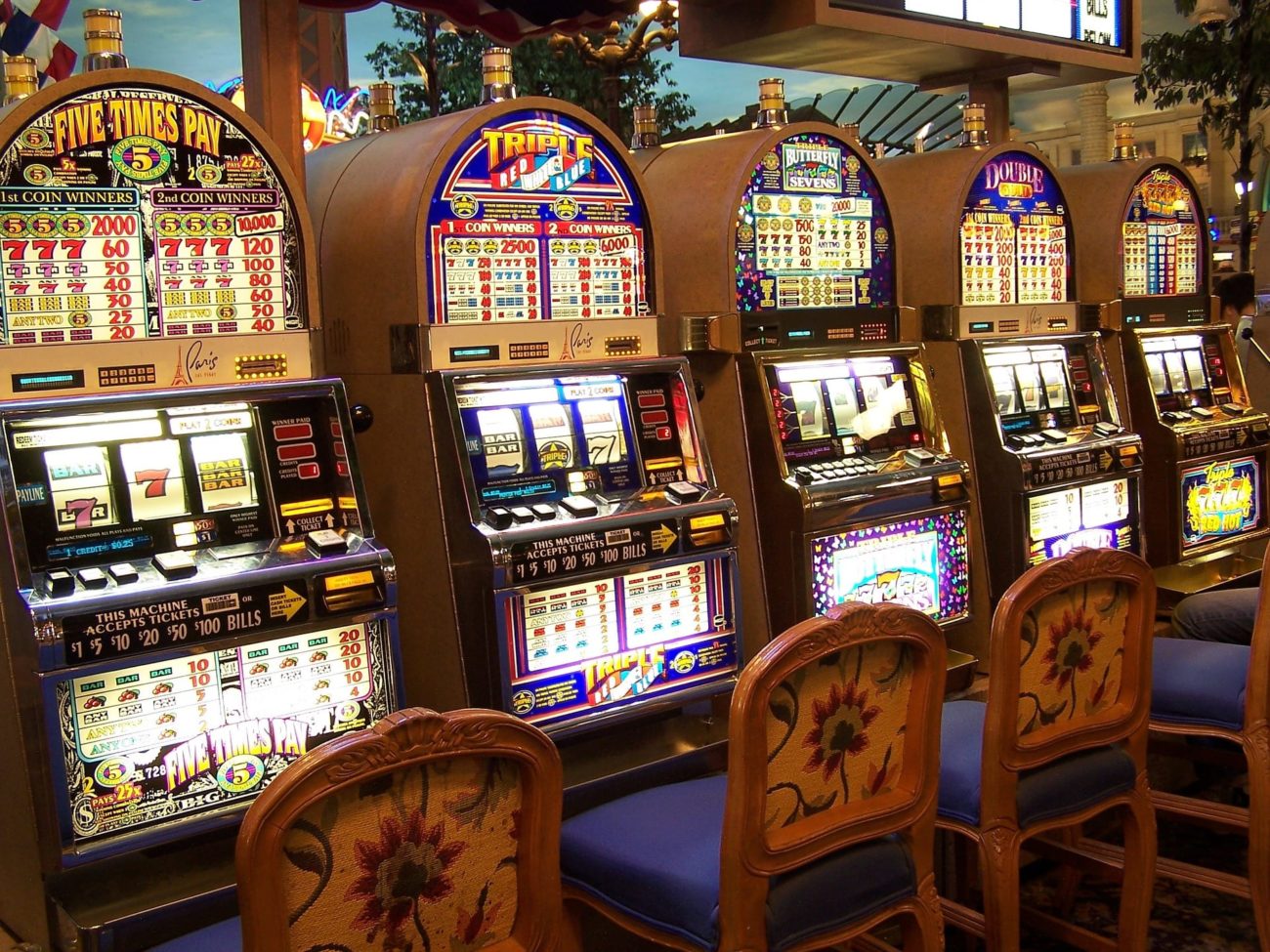Adjusting Gambling Activities for a Digital Age

This world of casino games has undergone a remarkable transformation in past years, propelled by technological advancements and changing consumer tastes. As more players turn to online mediums for leisure, traditional casino activities are being increasingly adapted to meet the needs of a tech-savvy consumer base. This shift not just includes the shift from brick-and-mortar to digital environments but also covers the development of gaming mechanics and user interaction strategies.
In this new digital age, video game creators are harnessing cutting-edge technologies to develop immersive experiences that resonate with a varied spectrum of players. From online fruit machines with breathtaking visuals to dynamic card games that mimic the atmosphere of a live gambling hall, the adaptation process is changing how we perceive and experience gambling activities. As we navigate this fascinating journey, it is evident that the future of gambling lies in the seamless integration of advanced technology with the everlasting appeal of luck and strategy.
The Development of Gambling Games
Gambling games have experienced significant changes throughout history, showing transformations in tech, culture, and player preferences. In ancient times, basic activities of luck were played using primitive items such as rocks and animal remains. As civilizations progressed, so did the sophistication of these games. The introduction of playing cards in the medieval period marked a crucial moment, leading to the creation of popular titles like poker and 21, which are still enjoyed in the present. Over the centuries, the physical layout of casinos has also transformed, transitioning from tiny local locations to expansive, ornate establishments.
The twentieth century ushered a transformation in the realm of gambling games with the advent of electronic gaming. Slot machines appeared as a popular draw, captivating gamblers with their colorful lights and sounds. This era also saw the emergence of gambling hotels, which merged luxury accommodations with a diverse array of casino options. The introduction of video gaming further expanded the landscape, allowing for more intricate designs and gaming mechanics. These developments not only pulled in a wider audience but also altered the way casino games were played.
With the rise of the internet in the final 1990s and early 2000, casino entertainment entered a new online phase. Online casinos emerged, providing players with the convenience of playing from their homes. This shift required gaming developers to reconsider traditional mechanics and adapt them for an interactive digital environment. Currently, advancements in technology, including smartphone gaming and VR, persist to shape the progress of gambling games, creating engaging experiences that engage gamblers like never before.
Primary Attributes of Virtual Casino Experiences
Online casino games have revolutionized the way gamers engage with the gambling experience by delivering engaging experiences that mimic the rush of brick-and-mortar casinos. One of the most notable features is the incorporation of top-notch graphics and animations, creating a visually appealing environment. Developers focus on offering authentic themes and engaging storylines that pull players into the game, enhancing their overall experience. The capability to offer 3D visuals and impressive sound effects means that players can enjoy a vibrant atmosphere similar to what they would find on a casino floor.
Another important aspect of virtual casino experiences is the ease of access they offer to gamers around the world. Web-based services enable individuals to play their preferred games from the comfort of their own homes or on the go through mobile devices. This flexibility is accompanied by a diverse selection of gaming alternatives, including video slots, card games, and live dealer experiences. Players no longer need to travel to a casino to enjoy their preferred betting experiences, allowing a broader audience to engage with gaming.
Lastly, virtual gaming experiences frequently integrate cutting-edge features such as engaging gameplay and community features. Many games now allow players to challenge one another against one another, join tournaments, or even post their successes on social networking sites. PG88 This shift encourages a sense of belonging among players while encouraging friendly competition. Additionally, features like personalized avatars and in-game chat options enhance engagement, making the digital gaming experience even more engaging for all users.
The Outlook of Digital Gaming
When technology advances, the landscape of online gaming is set for significant transformation. Immersive and enhanced reality are making waves, offering players an engaging adventure that mirrors the excitement of being in a real-life casino. These advancements create opportunities for game designers to introduce innovative game formats and interactive features, reshaping how players connect with their favorite casino games.
Additionally, the integration of AI is improving user experiences and tailoring gameplay. AI can analyze player behavior, offer tailored game options, and improve customer support through chatbots. thể thao pg88 This customization not only retains players interested but also helps build a committed community around particular casino platforms, placing them for success in a competitive market.
Ultimately, the rise of gaming on mobile devices is another key factor shaping the future of online gaming. With an constantly rising number of players enjoying casino games on their smartphones, developers are gearing up for optimizing their platforms for smartphone compatibility. This change allows players to play casino games wherever they are, paving the way for a more flexible and user-friendly gaming environment that caters to a larger audience.
